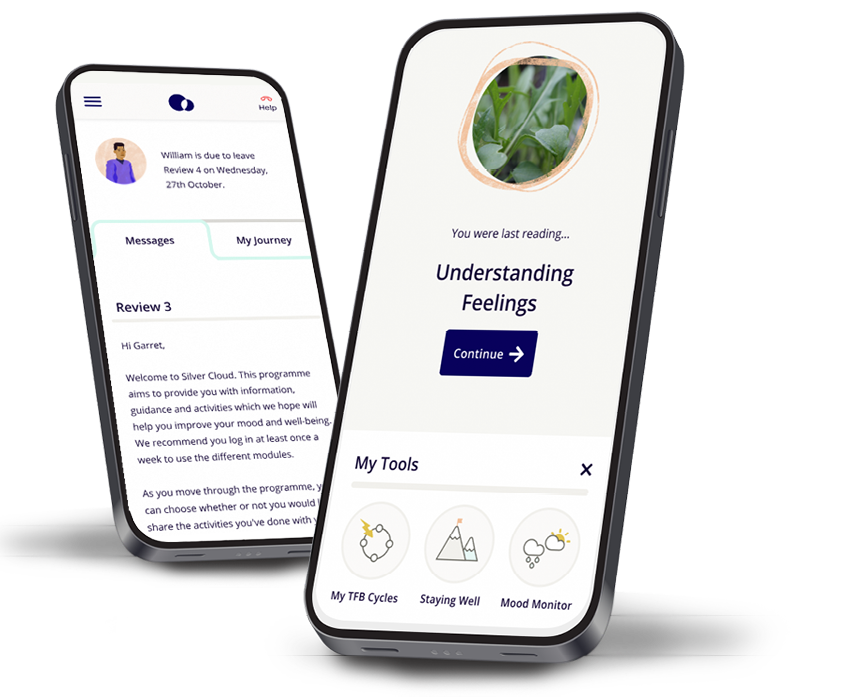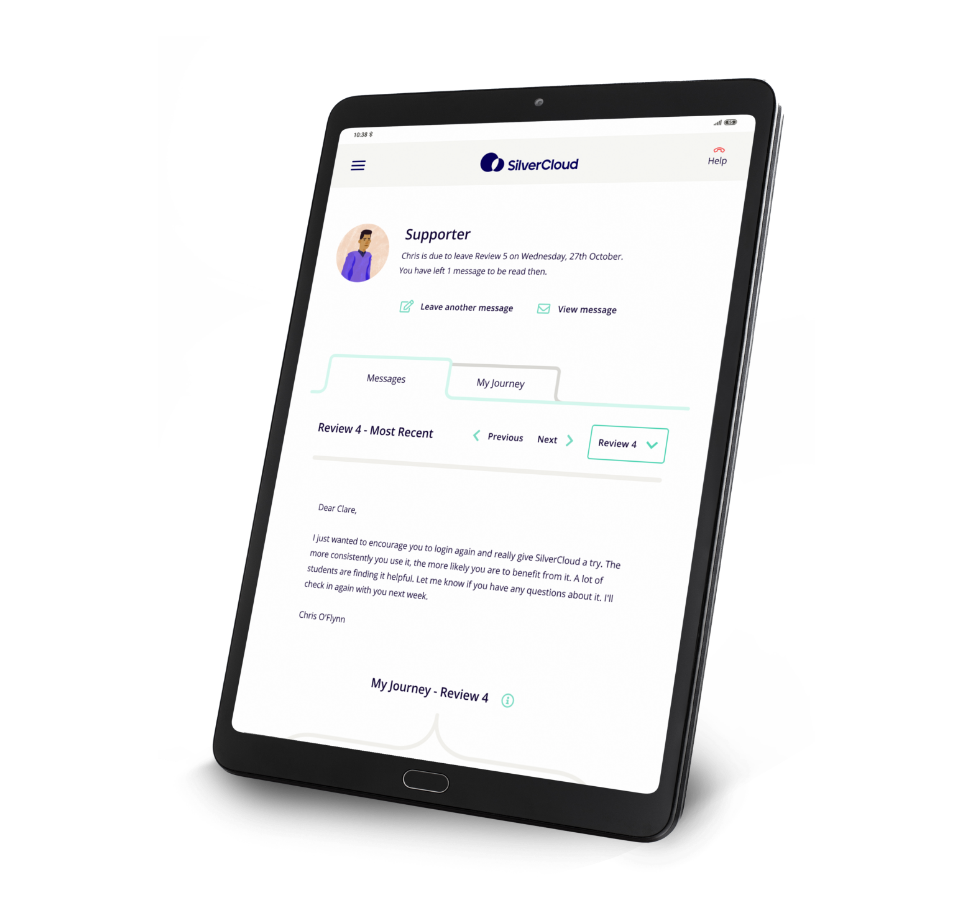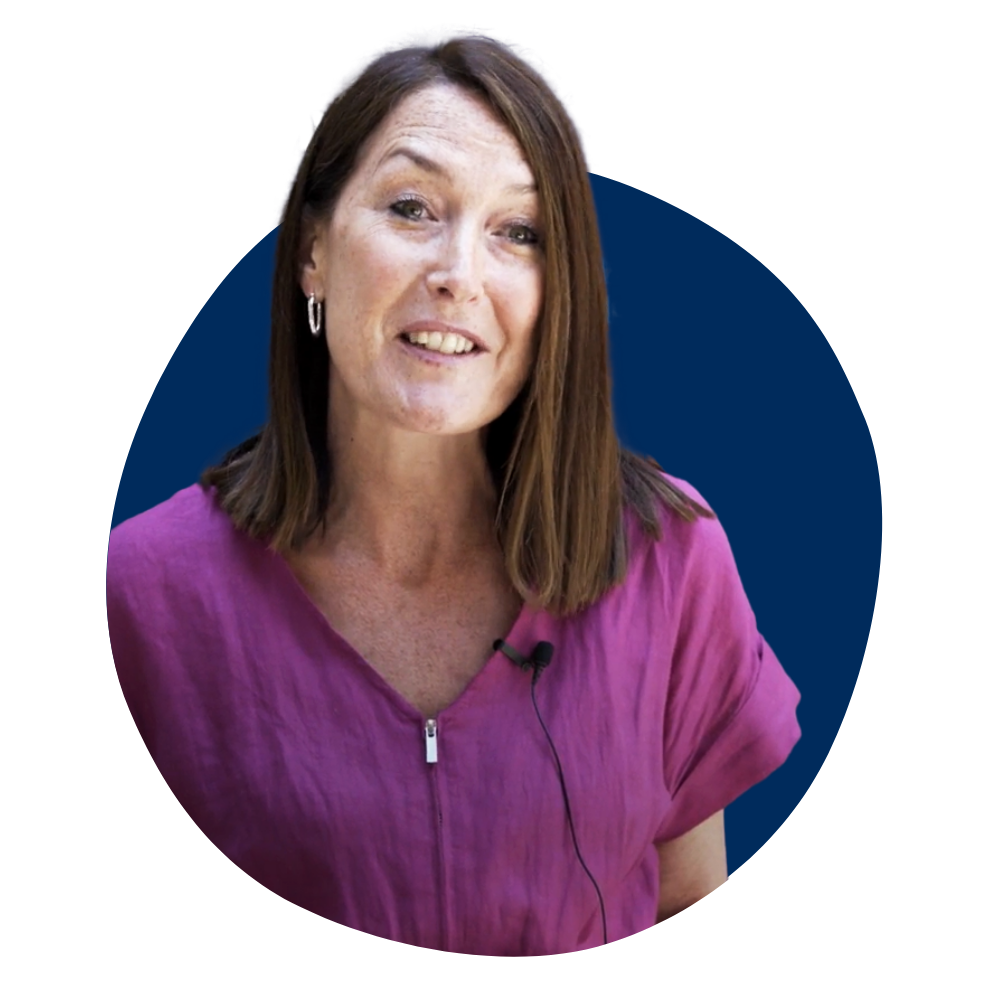Young person programmes
- Anxiety Programme for Children
- Anxiety Programme for Teens
- Low Mood Programme for Teens
- Low Mood & Anxiety Programme for Teens
- Living with ADHD programme

Northpoint plays a key role in supporting mental health of children, young people, and their families in Yorkshire. They are now one of the largest charitable providers of therapeutic services in the region.
Charity/third sector/voluntary sector, Non-profit, Healthcare

With 50% of mental health illnesses starting before age 14 [2], Northpoint clinicians and mental health professionals believe that early intervention is essential to prevent problems escalating.
However, increasing demand and a stressed mental health care system, means that many children, young people, and their families are struggling to access the right mental health support at the time they need it.
To cope with rising demand for services and an increasing prevalence of mental health issues in children and young people, Northpoint continuously work with partners to develop innovative ways of supporting young people and their families with their mental health. As part of their commitment to innovative approaches to mental health support, Northpoint worked with Amwell® to integrate the SilverCloud® Children and Young People (CYP) digital Cognitive Behavioural Therapy (CBT) programmes into their mental health offering in 2019.
Since its introduction to Northpoint in November 2019, the SilverCloud® platform has established itself as a key intervention of evidence based digital mental health support. The SilverCloud programmes are the therapeutic intervention. The guided self-help element of the programme is the ‘Supporter’ who is an experienced practitioner.
The supporter oversees, motivates and responds to the young person whilst they work through the programme modules. The supporter is the human link, they send out bespoke welcome e-mails and messages, offer weekly reviews and they are able to unlock further modules to best meet needs of the user.
The programmes can be offered as a standalone supported intervention, whilst a child or young person is waiting for face-to-face therapy treatment or during their therapy sessions, they are also useful post following face to face treatment to help sustain coping strategies. The integration of digital into the service offering at Northpoint has provided a broad range of benefits including:

The SilverCloud platform can enable immediate access to mental health support for children and young people with mild to moderate symptoms of mental health conditions. This means that face to face therapy can be provided to children and young people with more complex mental health issues more swifty. Digital also enables Northpoint to provide children, young people and families more choice with their treatment options, connecting with harder to reach client groups such as children and young people that are not attending school or those who may have difficulty travelling to in-person appointments at particular venues at a set time each week.

Digital is a very cost-effective option for Northpoint as it significantly builds capacity within the service. Four young people can be supported in the programme by a practitioner for the same time/resource as one young person having one face to face session.
.png?width=120&height=120&name=NHS%20Anniversary%20Stat%20_3%20(1).png)
Northpoint can offer digital CBT programmes with immediate effect where appropriate; this then means they can respond to those children and young people with more complexed mental health issues more swiftly for face-to-face therapeutic support. This reduces wait times for those individuals with more complex needs and also leads to immediate care for those who digital treatment is suitable for.
“Because of the digital offering, we’ve been able to bring our overall wait times down to five and a half weeks. Which, again, is significant.”
- Helen McGlinchey, Head of service and Clinical Lead at Northpoint

There is a 91% user satisfaction rate for children, young people and families who interact with the programme. Engagement with the content and modules within is high and average login time per user is 1 hr 34mins. With more children and young people engaging in online behaviours, it offers children and young people a choice to engage with treatment in a space that feels comfortable for them
‘’We had a Year Six boy suffering from anxiety accessing the service, his anxiety intensified during lockdown. Once he started Year 7 at a new secondary school, he felt unable to leave his home. We offered various options and support in terms of face-to-face therapy in alternative venues to the school, and he just felt unable to access that. But when we had the digital option, with the support of a therapist, he was really open to that, and that then enabled him to get back into school and then into therapy’’.
- Helen McGlinchey, Head of Service and Clinical Lead at Northpoint

The programmes are based on iCBT and are NICE recommended. They consistent of six modules and incorporate psychoeducation, interactive activities, evidence-based tools, psychological skills and strategies which support understanding feelings, thoughts and behaviours.

A clinical supporter works alongside the children or young person as they move through the programme and provides written feedback - offering encouragement and guidance. Regular feedback is scheduled weekly with the client. Northpoint provides feedback from the supporting clinician asynchronously, which encourages self-directed progress.
4
young people can be supported in the programme by a practitioner for the resource as one young person having one face to face session.
57%
reduction wait times since using the digital programmes.
91% user satisfaction rate.
4
young people can be supported in the programme by a practitioner for the resource as one young person having one face to face session.
57%
reduction wait times since using the digital programmes.
91% user satisfaction rate.
84%%
found the programme helpful and found that it supports them towards their goals.
89%
of young people found the programme relevant to them.
12 to 2hrs clinical time reduction for one case.
84%%
found the programme helpful and found that it supports them towards their goals.
89%
of young people found the programme relevant to them.
12 to 2hrs clinical time reduction for one case.
